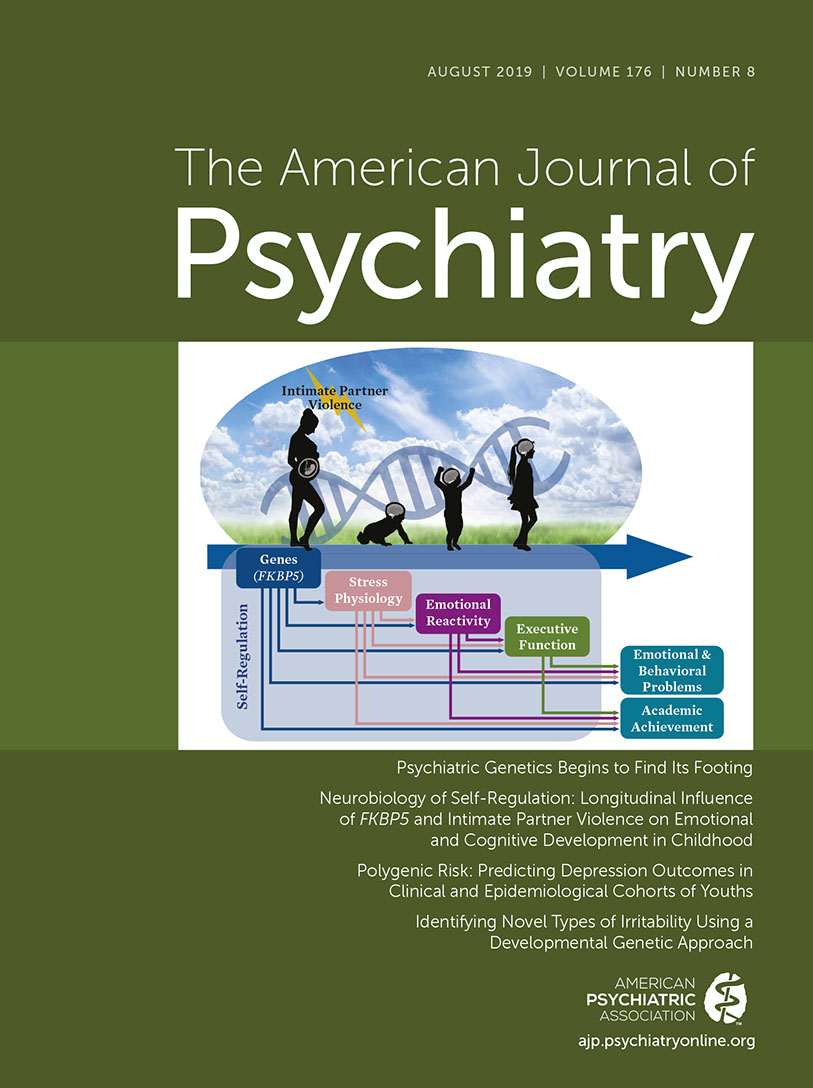Altha J. Stewart, M.D., 145th President, 2018–2019
Good Afternoon APA members, administration, and guests.
I am Norman Harris II, a recent graduate of Howard University, a finalist of the U.S. Fulbright Program, a participant in APA’s Black Men in Psychiatry Early Pipeline Program, and most importantly, a future face of the field of psychiatry.
Today, representation of black males in medicine is at a historical low, with 5% less black males applying and matriculating into medical school than they did in 1978. The declining number of black males entering medicine has sparked a national call to action from the National Academies of Medicine, which states that diversity in the physician workforce improves access to health care to racial/ethnic minorities and better educational experiences for all medical students and trainees.
APA is addressing this national crisis through its Workforce Inclusion Pipeline Programming.
The Workforce Inclusion Pipeline Programs aim to expose underrepresented minorities, including Hispanics and Native Americans, Alaskan Indians, and Native Hawaiians, to the field of psychiatry.
I have been honored to participate in the inaugural cohort of APA’s Black Men in Psychiatry Early Pipeline Program since my sophomore year, and it has benefited me in countless ways, including mentorship, hosting community events on campus, and receiving guidance with medical school preparation. The most impactful element of the program has been receiving exceptional mentorship by Dr. Altha Stewart.
Meeting Dr. Stewart in 2016, we connected instantly when she learned that I was a fellow Memphis native with similar professional interests, which include providing mental health services to underserved populations and mentorship to those underrepresented in the psychiatric workforce.
While fulfilling the demanding schedule of an APA President, Dr. Stewart consistently went out of her way to offer guidance academically, socially, and professionally.
Through our many interactions back home in Memphis, I have been fortunate to get to know a more personal side of Dr. Stewart that very few get to see.
I jokingly told her when we first met about how much she resembled my grandmother, and throughout our many conversations, she has grown to become just that—someone who is dear to my heart and definitely a member of my family.
As representation of the future face of psychiatry, I am honored to have been given the opportunity to not only shed light on her vision for the field of psychiatry but to also actively play a role in helping it come to fruition.
Ladies and gentlemen, without further ado, I introduce to you the 2018–2019 APA President, and my “grandma,” Dr. Altha Stewart.



